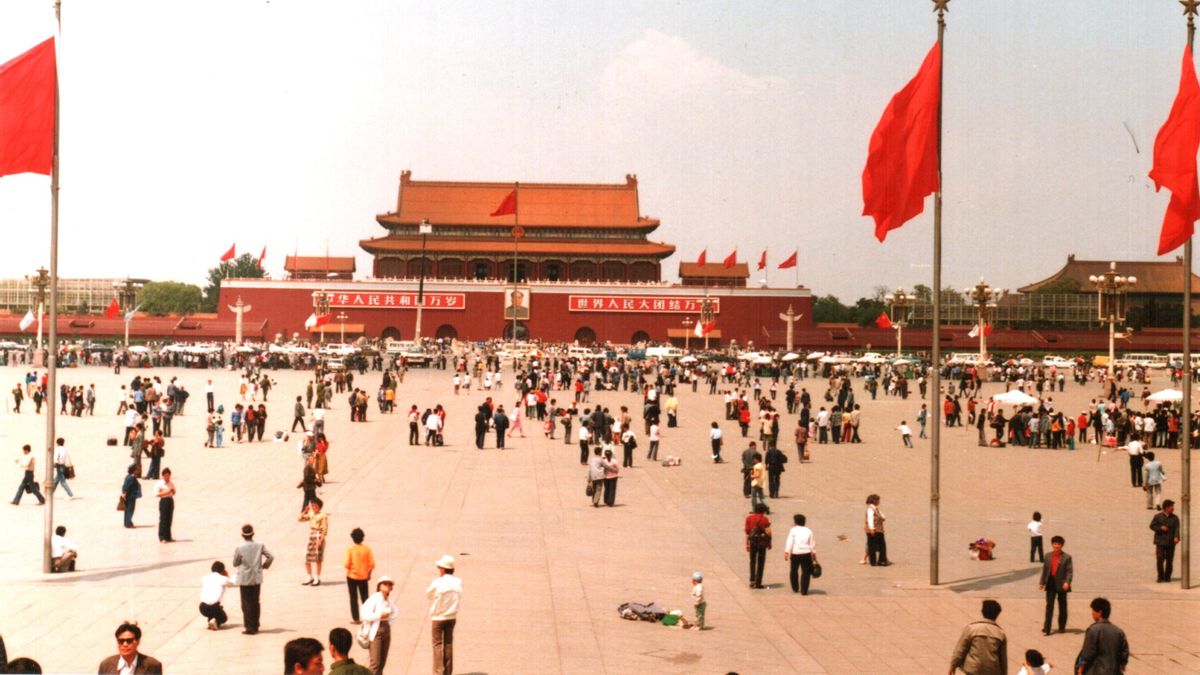JAKARTA - Today, June 4, Chinese citizens commemorate the massacre at Tiananmen Square. In the events of 31 years ago or in 1989, Chinese communist government officials massacred and arrested thousands of pro-democracy demonstrators. The Chinese government, to this day, continues to try to erase this memory from the minds of its citizens.
Quoting History , May in the late 1990s, almost one million Chinese, dominated by students, gathered in Beijing. They demanded greater democracy and called for the resignation of the leaders of the Chinese Communist Party (CCP) who were considered too repressive.
In addition, they also urge the government to end "legal" corruption, demanding press freedom, workers' rights and much more. For nearly three weeks, demonstrators continued to voice their aspirations as they marched and chanted their demands.
On June 4th, chaos ensued. Chinese troops and security police stormed Tiananmen Square. They banned indiscriminately into the crowd.
As tens of thousands of young students attempted to flee rampaging Chinese troops, other demonstrators fought back. They pelted the troops with stones and overturned military vehicles. One of the iconic moments that occurred was when one of the men bravely intercepted a steel tank that was about to rush into Tiananmen Square.
Western journalists and diplomats who were at the scene estimate at least three hundred and possibly thousands of protesters were killed. Meanwhile, as many as ten thousand people were arrested by the authorities.
Erases memory of events
Until now, it seems that the Chinese government is still trying to erase the collective memory of the community regarding the Tiananmen Square incident. The Chinese government, both secretly and openly, made various efforts to prevent its citizens from commemorating this event.
On the 30th anniversary of the Tiananmen Square massacre, for example. Quoted by CNN , any coverage or discussion pertaining to the event was strictly censored in China. Don't expect the Chinese people to find the story of the events of June 4 in their history books.
In addition, ahead of June 4, internet users in China complained about difficulties accessing the internet network. Posts on Chinese social media have also been restricted or deleted as companies stepped up censorship during this sensitive period.
June 4th has been dubbed "internet restriction day" for a number of blocked websites. Some of the sites that were blocked by the majority were Western media such as CNN, New York Times and BBC. However, the Chinese Cyber Administration Institute which oversees internet regulations seems like it is feigning ignorance.
University of Tasmania Senior Lecturer in Chinese Studies Mark Harrison says thirty years is ample time for reflection. He analogized that now is the point where someone should be able to "muhasabah" instead of moving forward with full anticipation.
"It is 30 years since a system committed to China's waiting ideology crushed the aspirations of citizens who want something else. The party has won," Harrison was quoted as saying by The Sydney Morning Herald .
"They won in 1989, then the 1990s and 2000s by using the power of new technological instruments of information control to mute and erase memories by June 4," he added.
Yet the party-state understands that June 4 is not just a crisis for the Communist Party's authority to fulfill, but also the momentum in which a new system can be built.
The English, Chinese, Japanese, Arabic, and French versions are automatically generated by the AI. So there may still be inaccuracies in translating, please always see Indonesian as our main language. (system supported by DigitalSiber.id)


